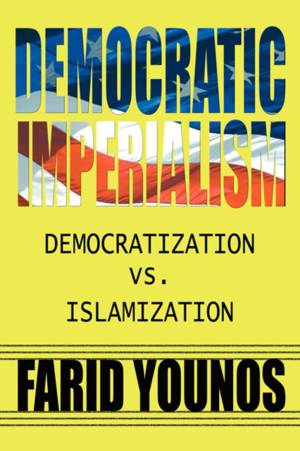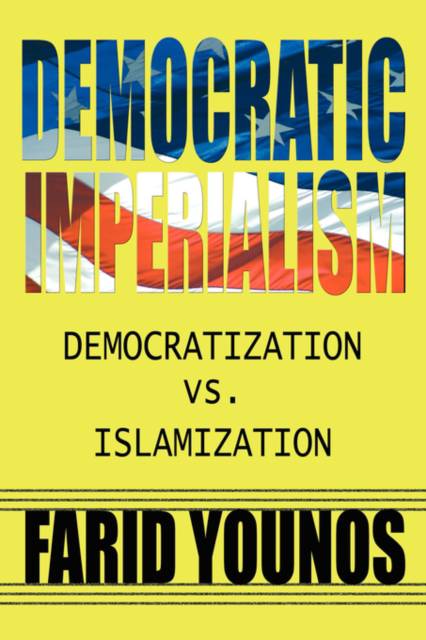
- Retrait gratuit dans votre magasin Club
- 7.000.000 titres dans notre catalogue
- Payer en toute sécurité
- Toujours un magasin près de chez vous
- Retrait gratuit dans votre magasin Club
- 7.000.0000 titres dans notre catalogue
- Payer en toute sécurité
- Toujours un magasin près de chez vous
36,45 €
+ 72 points
Format
Description
The book Democratic Imperialism serves as an educated, moderate Muslim's response to the West, particularly to the United States in the ways it attempts to impose its brand of democracy on the Muslim people. Many Americans have never been exposed to this perspective, either through the news media or in personal conversations. This book poses and clearly answers a compelling question: Are Americans qualified to export or impose their brand of democracy in the Middle East? Middle Easterners were once upon a time the pioneers of knowledge, science, justice, and education in their own history and civilization. Islam even helped pave the way for the Renaissance in Europe. Farid Younos, as a scholar of not only social sciences, but also the culture of the Middle East, namely Islam, argues that democracy in the land of Islam is not functional. The deeply rooted value system and way of life of Islam calls for a different system, especially when western democracy has its own problems and has failed to bring justice for all at home. Liberal democracy as a secular system negates the role of faith in the political system of the Middle East, and this negation is the main concern for many Muslims worldwide. The question arises as to why the United States of America tries to impose its brand of political system in the Middle East while knowing that it is not a workable idea. Democracy in Afghanistan and Iraq proved to be fatal. The first objective of any political system should be to bring peace for its people. Unfortunately not only is peace in these countries an elusive idea, but also the needs of the underprivileged, the destitute and the poor are not met. This study provides an alternative approach for Muslim countries: an Islamic political system from a fresh view point. An Islamic system could be an ideal system for Muslim countries if Muslims would make an effort to not only meet the needs of their people, but also meet the needs of the international community. The purpose, presumably, of all parties, is peace in the region, and that peace is not possible if Islamic economic, social and political ideas are ignored and replaced by a manifesto of globalization.
Spécifications
Parties prenantes
- Auteur(s) :
- Editeur:
Contenu
- Nombre de pages :
- 244
- Langue:
- Anglais
Caractéristiques
- EAN:
- 9781434321688
- Date de parution :
- 28-01-08
- Format:
- Livre relié
- Format numérique:
- Genaaid
- Dimensions :
- 152 mm x 229 mm
- Poids :
- 512 g

Les avis
Nous publions uniquement les avis qui respectent les conditions requises. Consultez nos conditions pour les avis.






